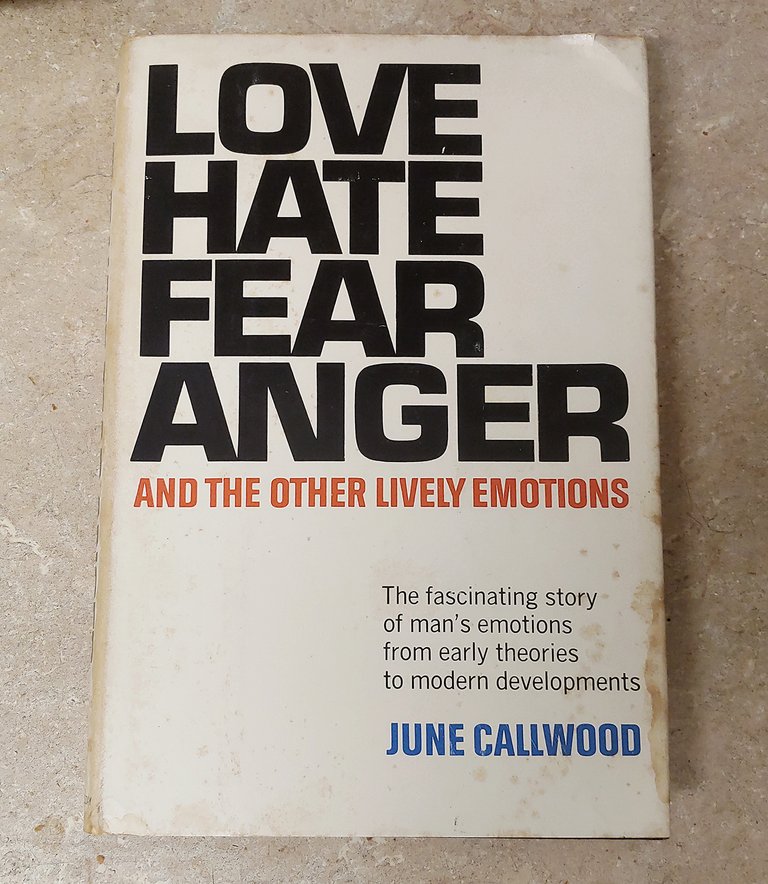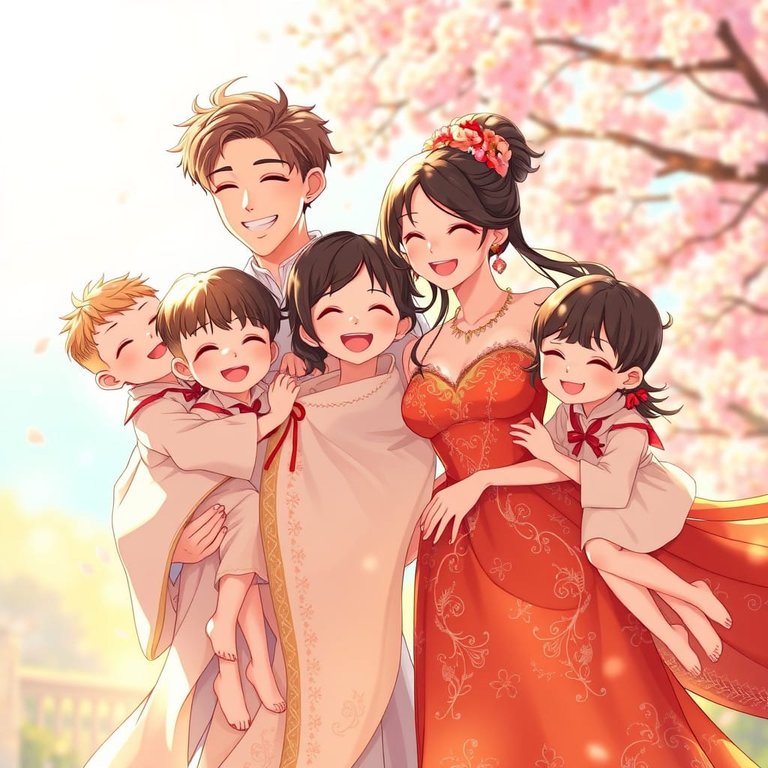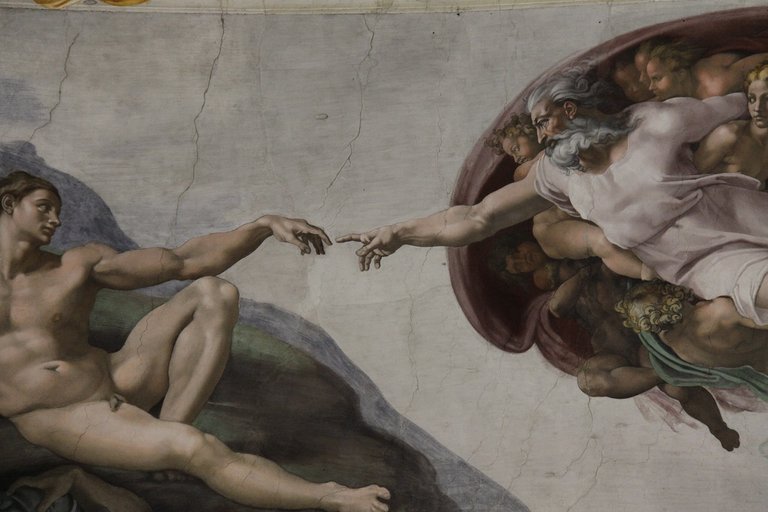
I finished this book called Love, Hate, Fear, Anger, and the Other Lively Emotions, a title that was first published in the year 1964! I always find vintage books very intriguing; it is interesting to compare how things have changed from then to now.
Psychology is no exception. It is a field that is constantly evolving by leaps and bounds each decade, so to read material from 60 years ago was very refreshing! And yet -- wouldn't you know it -- the findings that were made back then seem to echo with the teachings of today. There are things imprinted into human DNA that are responsible for these universal themes in psychology. Join me as we dive right into them!
The book opens with what is universally considered the most important and prized emotion of them all: love.
Love is the essence of life. It is what people spend their entire lives trying to earn. Without love, babies struggle to grow and thrive. It can give a person purpose, allowing them to experience genuine happiness.
"Mature love emanates only from people who first of all love themselves."
Maturity is a prevailing theme throughout the book. I often use the phrase "children in adult's clothing" in order to convey that, although we are surrounded by adults, they are still childish in their attitudes and behaviours. They are people who have their thoughts, thought for them by others. By their parents, their friends, schools, society...
And so, maturity symbolizes those who have undergone great personal growth. They are people who recognize their flaws and strengths, accept their pasts without regret, and actively improve for themselves and the people they love.
 (Image created using an AI art generator on Night Cafe)
(Image created using an AI art generator on Night Cafe)
"The selfish person ... hates himself. He must therefore grasp and devour every crumb of comfort he can obtain."
If the opposite of love is hate, then it should go without saying that those who do not love themselves, hate. They hate themselves, the people around them, their lives, and any opportunities that cross their paths. Because they are incapable of genuine love and compassion, they seek love and happiness from superficial sources and experiences.
"Faith is the fundamental stabilizer in society; without faith in strangers, every man would have to be armed."
Yet, without love, there could not be trust. If every man refuses to trust his fellow neighbor, society crumbles. We obviously cannot sustain relationships that are built upon feigned kindness. Genuine love and maturity are the seeds of life. It benefits not only the individual, but his relationship with the world.
A portion of the book is dedicated to the elusive emotion, happiness. Perhaps one of the greatest paradoxes of mankind: we all want to be happy and actively search for it, but very few of us achieve it. So what is responsible for this?...
"Happiness is an achievement, brought about by inner productiveness. People succeed at being happy ... by building a liking for themselves for true reasons."
Well, similar to love, happiness is not possible without a love for oneself first. The happiest people tend to be the ones who are most productive doing meaningful things. They have identified and accepted their strengths and weaknesses, and maintain positive relationships. Happiness hardly relies on material things, such as wealth or achievements, but instead heavily stems from a strong understanding of oneself.
"Happiness consists in this: that man can preserve his own being. ... It is not dependent on things, but on personality."
The myth that happiness relates to age is extremely destructive. It is universally agreed that happiness is based upon youth, therefore it naturally diminishes with age; this is simply not true. Historically, most people do not get to reach their true potential until their 30s and 40s.
JK Rowling did not write Harry Potter until she was 32. Michelangelo painted the Sistine Chapel at 33. Nikola Tesla did not invent the Tesla coil until 35. Bob Ross' talents were not noticed until he was 41. Not to mention all of the countless philosophers who did not start passing down their wisdom until middle-age.
 (Image by Andres Nassar from Pixabay)
(Image by Andres Nassar from Pixabay)
"The rationalization of aging is the myth that happiness is youth and naturally diminishes with time. ... At last man is freed from the animal passion which has hitherto never ceased to disquiet him."
One is no longer prohibited by emotions, lack of self-control or identity, but can instead begin using their years of life experience for their potential.
The last "big" emotions are guilt and depression. Guilt is an interesting emotion, for it reflects the times when something eats away at our subconscious. A shortage of guilt indicates someone who is emotionally immature, who goes to great lengths to avoid and ignore their problems and feelings. Meanwhile, an excess of guilt suggests someone who lives in the mistakes of the past and cannot move forward from them.
"A shortage of guilt ... never embarked on the difficult, embarrassing, and noble voyage of maturing. Overactive guilt is paralyzed growth, longing to retrace its steps."
This journey of guilt and self-discovery may unearth other undesirable emotions, but they are necessary. Maturity cannot be achieved unless one comes to terms with the uncomfortable, and I say this as someone who has personally done it herself. Accepting that life -- one's life -- is meaningless helps one embrace the bigger picture.
"A great many passed through a long period of depression, when they thought themselves worthless and life futile."
My life started having purpose the day that I began improving my circumstances for the people who matter to me. My self-love will eventually resonate with the ones that I love, the seed for emotional maturity will have been planted, and they can healthily begin their own journey of love.
"Once they are aboard, the mature must honor their debit to put down as many ladders as possible for other swimmers."
It is why self-love and maturity are so important -- everything relies on it. Society will crumble unless people are self-assured in themselves and derive purpose from inspiring things. Currently we are not witnessing this; we are seeing people abandon the family unit in favour of superficial things. Social media, streamers, OnlyFans, drugs, polygamous relationships, single parents, mothers abandoning their families for corporate positions.
"Emotional immaturity, based on consciences formed rock hard at 6 to 8 years of age ... threatens the extinction of the human race."
 (Image created on Night Cafe)
(Image created on Night Cafe)
We cannot allow the future of mankind to be dictated by people who have no fucking clue what life is about, who have been spoonfed lies and now accept it as reality.
My father, who will soon be approaching 60-years-old, completely squandered his gift of life. He followed the schedule that was all mapped out for him: school, marriage, children, and soon retirement.
Yet, he did not spend a second of it living, for at 60-years-old, my father tells me that he "just wants to start living for himself now." He did not derive any sense of fulfillment from his education, marriage, occupation, or children; he was simply too preoccupied with trying to reach the finish line to say that he "made it" in life.
And unfortunately, the world is full of people like my dad. We cannot allow people such as that to define the meaning of life when they themselves have not lived.
That will do it for today's post 🙂 I really enjoyed reading this book. I found it very interesting how so much of past research still resonates with today's generation.